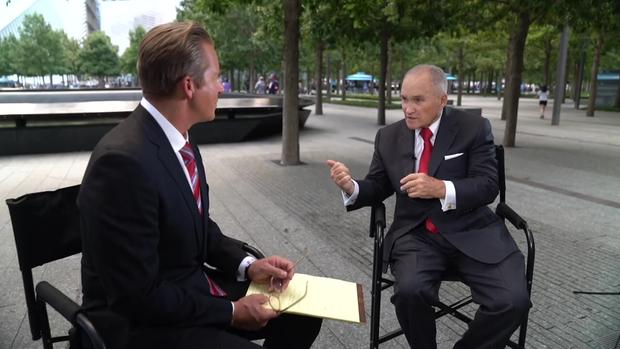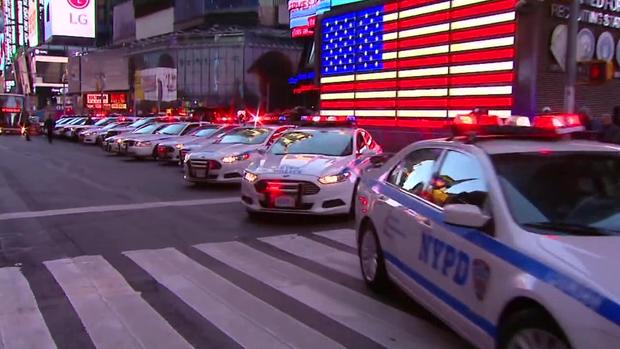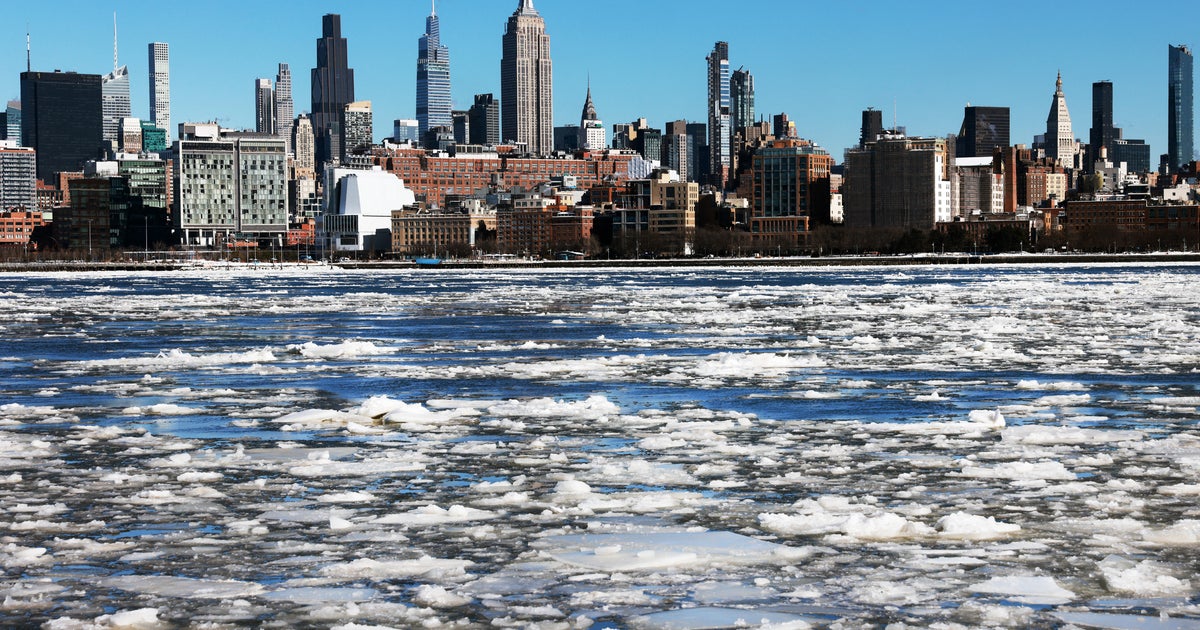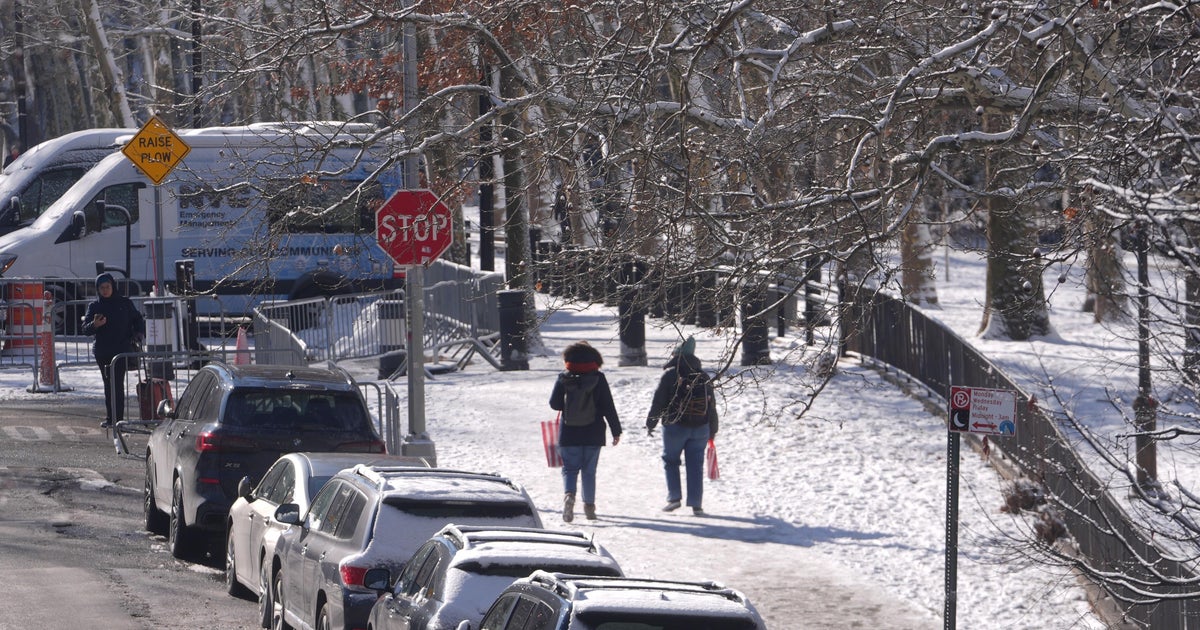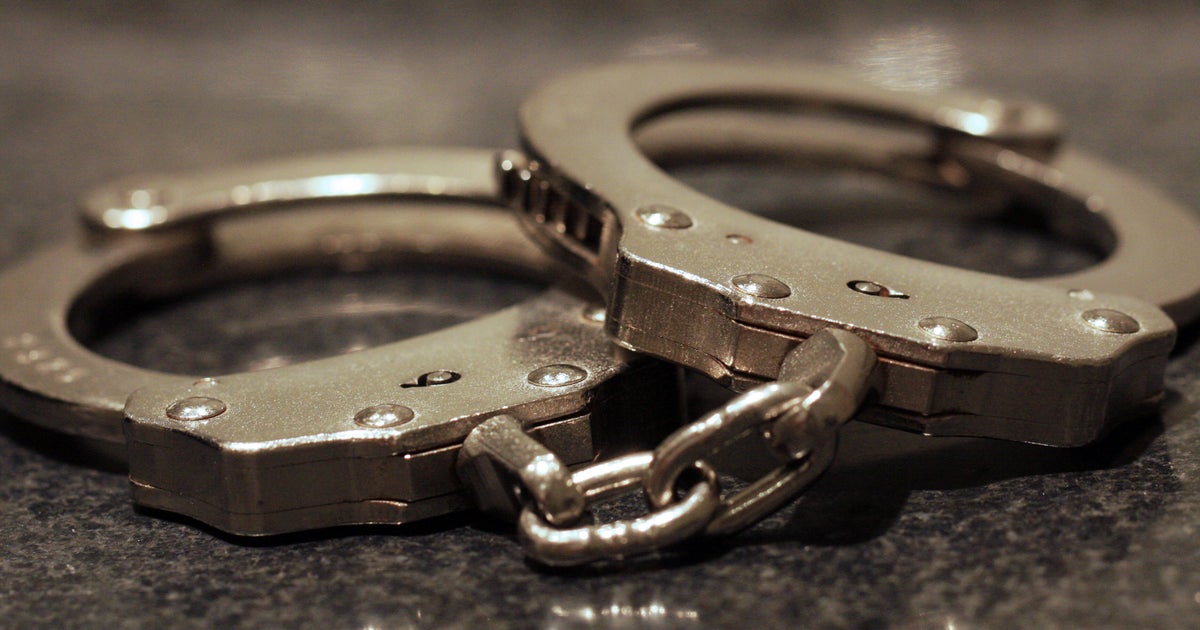9/11 20 Years Later: Former Police Commissioner Ray Kelly Reflects On Changes He Ushered In To Keep New York City Safe
NEW YORK (CBSNewYork) - Former New York City Police Commissioner Ray Kelly has twice been in the top spot at the department.
His instinct and insight two decades ago were critical to re-shaping the police department charged with keeping this city safe. He recently sat down with CBS2's Chris Wragge.
The terrorist bombing of the World Trade Center in 1993 left six people dead. Kelly was police commissioner serving under Mayor David Dinkins. Arrests in that plot were made in a matter of days - Kelly and others thought of that bombing as a one-off.
So in the wake of the attacks on 9/11, the sidelines were not an option for the then-former police commissioner.
"It was a total surprise. It shouldn't have been, but it was a total surprise to us. So to have it happen again, I felt almost personally violated. It should not have happened, the second attack," Kelly said.
Kelly had been out of the NYPD for more than seven years. But in January 2002, as a new mayor was sworn in, it was to become a new day for the police force, too.
"I had been in the federal government, I had been in local government, state government and the military. So I thought I had a lot to bring to the table. And fortunately, Michael Bloomberg asked me to come back as police commissioner. I said yes right away," Kelly said.
Kelly knew it was imperative that improved security and a 'new' New York City police force were needed to manage global terrorist threats.
"The police department was still using white out and carbon paper. We brought in thousands of computers, and I saw what technology could do in federal government," Kelly said.
Complete Coverage: 9/11 Twenty Years Later
He's widely regarded for the expanded intelligence and counterterrorism protocols put in place after 9/11.
"It seemed as though you had the resources, you had the money, you had the ideas, and they allowed you to implement that to get to a point where this city could operate under a blanket of protection that basically you created?" Wragge asked.
"We wanted to get that capacity into the department as quickly as possible. That's what we did with the retired folks coming from the FBI, the DEA, the DIA, other police departments," Kelly said.
Billions were spent to protect this city, from expanded surveillance locally and globally, to dramatic shows of force on the ground. Kelly's legacy is the forward thinking that reshaped his department.
"The police department had a 70% approval rating in the last year of Bloomberg. I had a 75% approval rating. I'm proud of that. That was 12 years of hard work. And I think it paid off. Those results were the fruition of a lot of effort, a lot of hard work on the part of a lot of people," Kelly said.
Adding to that pride is his connection to Battery Park City. Just across the street from the World Trade Center and now the memorial site, it has been Ray Kelly's home for 30 years.
"There's a lot of resilience in the people who live in this neighborhood. So I I never thought about leaving. Love the community, and hope I'm here for a long time to come," Kelly said.
